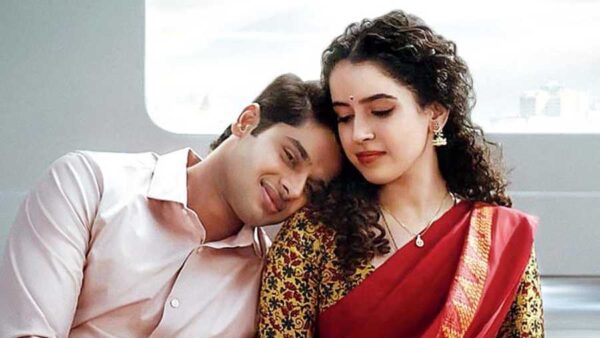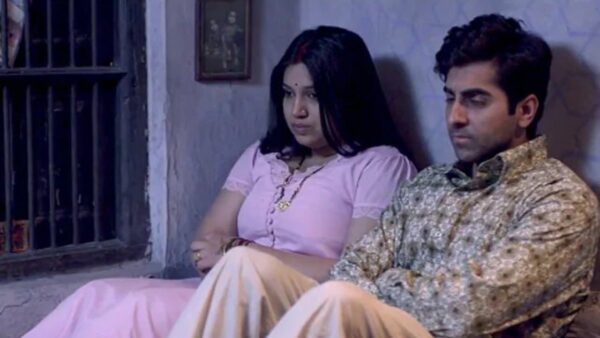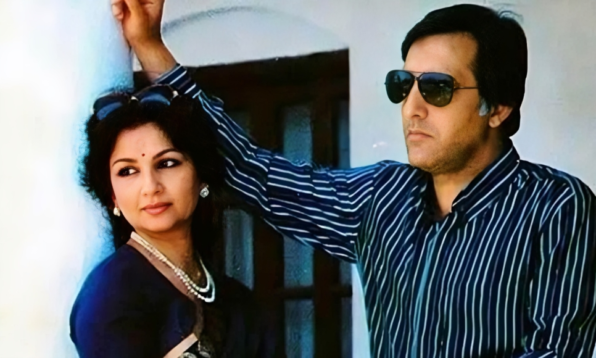Prospective brides are almost always at the receiving end of scrutiny in an arranged marriage meeting. While both families want to make sure they make the right choice, it is imperative that the bride-to-be is comfortable with her choice. A groom’s family has always asked questions of the bride and her family before finalising a match. So, why shouldn’t the bride ask some questions of her own? Here are a few important questions to ask in-laws in an arranged marriage meeting.
Do you think my parents should pay more than you for the wedding?
One of the most stressful factors of an Indian wedding, as we all know, is the expenditure. And often, the bride’s parents are expected to take on the bulk of this expense. As a woman who should safeguard her own future, you need to know if your prospective in-laws subscribe to this school of thought. If they do, not only will your parents be under immense financial strain, but your own future with this family will most likely be horrible. The sexist idea of a bride’s parents being obligated to please the groom’s family is never limited to the wedding. In such families, a daughter-in-law’s future always hinges on her parents’ ability to continue pleasing her husband’s parents.
Will I be expected to change myself or my lifestyle after the wedding?
Marriage should not be a punishment for women. If your probable in-laws think you need to adopt their lifestyle after marriage, run. Even if you think the adjustments are small, think of the long-term repercussions of these changes on you. For instance, if they eat dinner at 9 pm but you are used to eating at 7 pm, the change might feel small. But this adjustment will lead to bigger changes like dictating what you eat whether or not you like it. Similarly, if you think it’s okay for your in-laws to ask that you dress in salwar-kameez, kurtas, and sarees only at home, think of how many times you’ve worn Indian wear in your regular life before now. This is not the time to romanticise any aspect of married life. It doesn’t take long for even the most beautiful saree to feel like a trap.

What do you think of women who have careers?
A lot hinges on this answer for you, dear bride-to-be. Even if you feel that your career is not important right now (it should be), things can change as you get older. You need to have the freedom to be able to do what you want professionally. Your in-laws or your husband should not feel like they have a say in your career. Also, the household or any caregiving duties should not be your responsibility alone. This is one of the most important questions to ask in-laws in an arranged marriage meeting. After all, they have been a fully functioning family till now, so why should they feel the need to rely on you to run their lives suddenly?
What do you like about me?
If your in-laws say that you’re a homely girl with good family values or something similar, please walk away if you disagree with that assessment. Don’t feel like you have to pretend to make them like you. This is not a job interview, this is your life and the people you’re going to spend it with. Your prospective in-laws and husband should like you for who you are, and if they don’t, that’s their problem, not yours. Don’t go over and above your head to make it your issue to resolve and ruin your happiness in the process.

Have you ever made your son do household chores?
Another vital question to ask in-laws in an arranged marriage meeting! It is not cute to marry a man who still needs to be raised. An adult who wants to get married should be able to run a household by themselves already. If your in-laws get offended by this question directed at their son but have no problem asking the same of you, they have every intention to make you their boy’s new mommy. It is not beneath anyone to know how to cook and clean. If their son was moving abroad instead of getting married, rest assured he would be trained to do all this. So, please don’t accept this job of unpaid housekeeper.
Will you be okay with your son moving out after marriage?
This can be a sensitive topic for most Indian families, but it’s not wrong to ask or expect. Even with the most supportive in-laws, it is perfectly fine for you to move out. You might be surprised with how open-minded some Indian families are now about their sons living separately. And if the boy’s parents get offended by this question and walk out, consider yourself lucky that you were not blindsided by their attitude after getting married.
Brides-to-be, please don’t shy away from asking these important questions. They could give you all the answers you need from your in-laws to live a happy, successful life.
Featured Image Source
Related: 5 Questions Every Woman Should Ask Herself Before Getting A Divorce

 Web Stories Title
Web Stories Title











